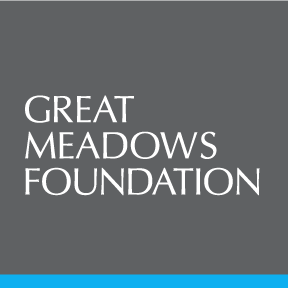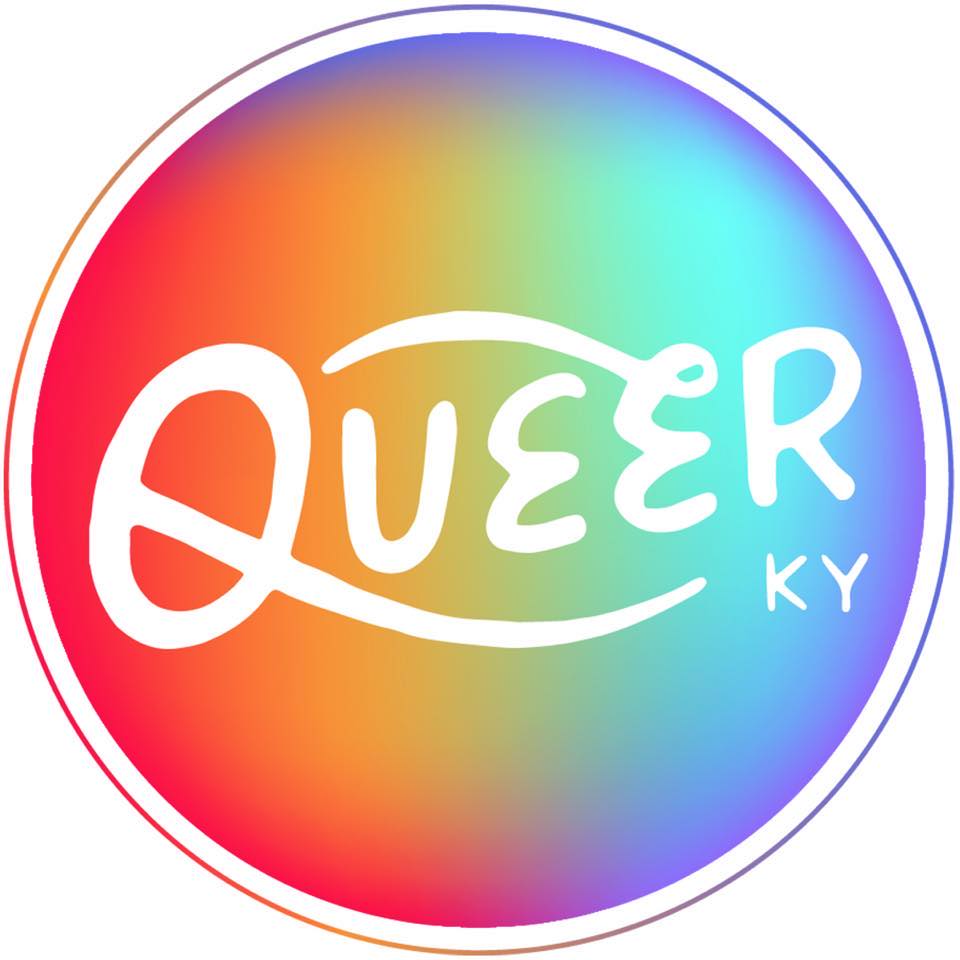
Eternally Missed: bell hooks
Essay
I had the good fortune of meeting bell hooks in 2014 at a University of Kentucky conference in Lexington that was organized by the Robert E. Harding Jr. Professor of Law & the director of African American and African Studies program at the University of Kentucky, Dr. Melynda Price and Associate Professor of Creative Writing, English and African American Studies, Dr. DaMaris B Hill. In light of hooks' transition into the ancestral realm, I wanted to share a few words with the Ruckus community about how hooks and her work fundamentally changed and impacted me.
The first time I encountered hooks’ work was in 1999, and I was immediately empowered by its astute and revolutionary assertions and perspectives. After reading her work, I was finally able to make sense of what had been happening around me. Why I felt invisible and hypervisible all at the same time. Why my full body was an immediate repellent to some, and why it was an exotic wonder to others. I was hooked, no pun intended. After reading Ain't I a Woman? Black Women and Feminism, I was finally able to examine the institution of enslavement through a gendered lens and understand why the degradation of Black women was so integral to the institution of enslavement and the advancement of white supremacy.
I learned in Feminist Theory: From Margin to Center, why the young white women in my Women’s Studies classes gave me such a hard time when I brought up issues of race within our country, or when I called out the racism that was still present within the praxis of white feminism. I also learned why the suppression of Black women and their voices within popular feminist theory had continued despite centuries of scholarly and activist efforts to place our voices at the center of any gendered analysis. In Where We Stand: Class Matters, hooks taught me that I was boujie, and like us all, I too had been infected by insidious capitalism. The capitalism that exists within our lives, our consciousness, and even in our families.
hooks taught me feminist ethics in her book, Teaching to Transgress: Education as the Practice of Freedom. In Black Looks: Race & Representation, hooks taught me the importance of how our bodies serve as a text by which white supremacy and misogyny attempt to define, and how we as Black feminist can create work that can undo this. In Yearning: Race, Gender, and Cultural Politics, hooks taught me to be wary of Black nationalism because capitalism and homophobia, and sexism can still exist within its confines and had.
It was through reading bell hooks’ continual work that so many questions became answers. Her work spoke to my frustration as a Black lesbian woman, and it spoke to my sadness, my feelings of being overwhelmed, and my desires for self-care. To teach at the intersections, to teach about freedom, to teach about liberation, bell hooks’ work has always been necessary. Rest well and easy, bell. Thank you for everything you did for us, ideologically, institutionally, and canonically. Mercy, you are eternally missed.
-
2.10.22
Dr. Kaila Adia Story-Jackson, (she/her/hers) is an associate professor of Women's, Gender and Sexuality Studies, with a joint appointment in the Department of Pan-African Studies at the University of Louisville. She holds the Audre Lorde Chair in Race, Class, Gender, and Sexuality Studies. She also co-hosts an award-winning podcast with longtime Louisville activist Jaison Gardner called Strange Fruit: Musings on Politics, Pop Culture, and Black Gay Life on WFPL (Louisville affiliate of NPR). You can find current and past episodes here: strangefruitpod.org

bell hooks







